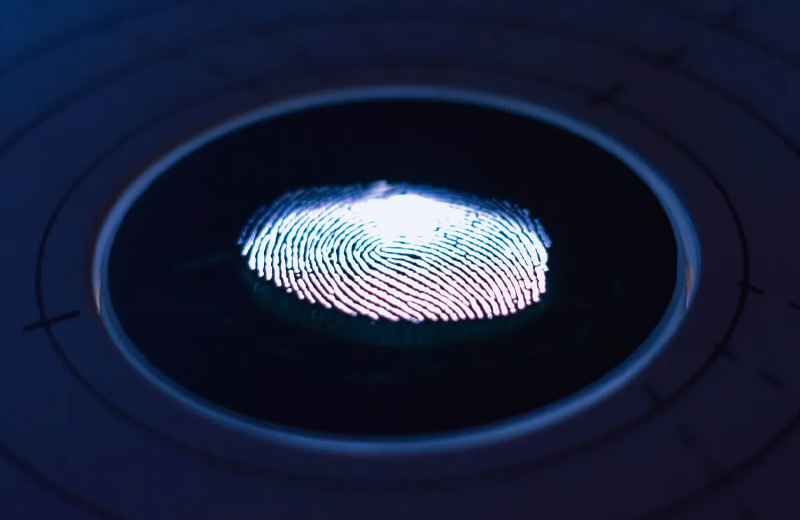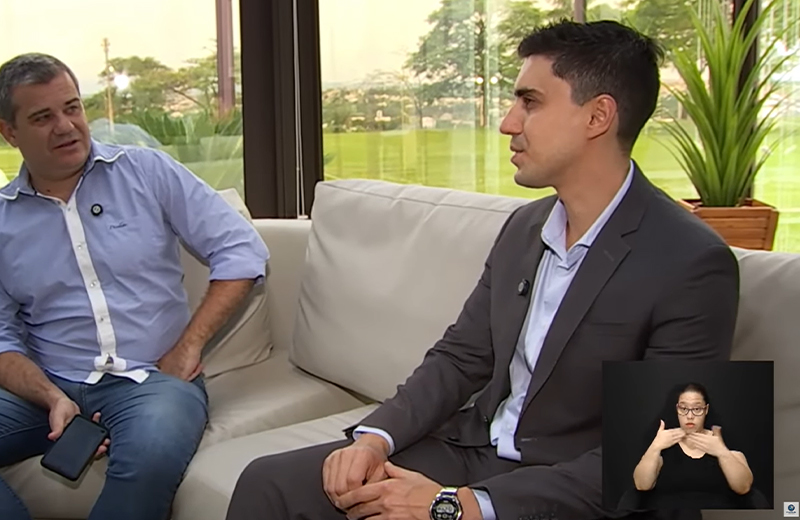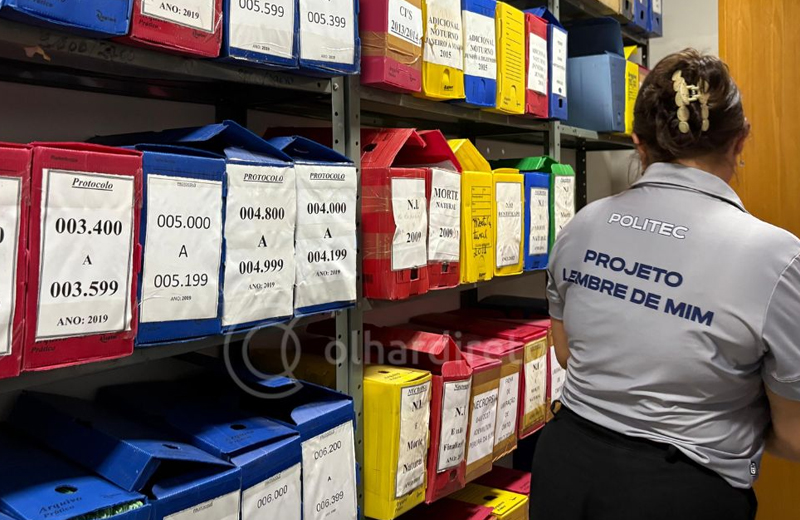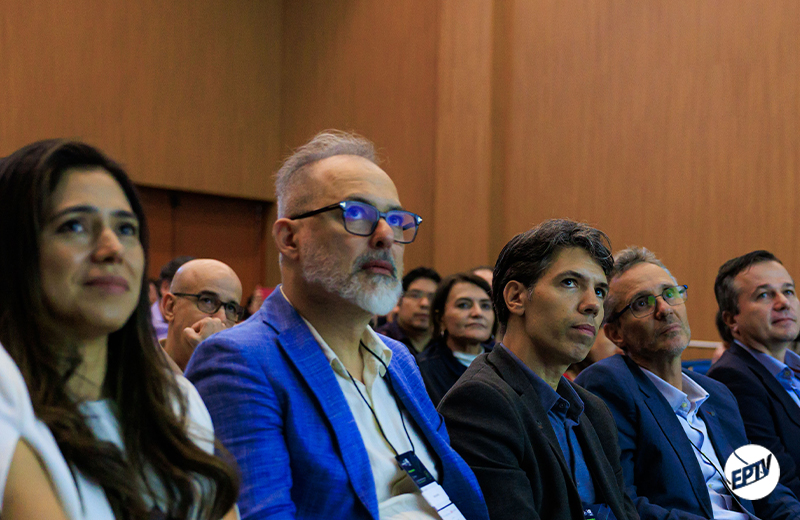In 2002, entrepreneur Iron Daher started a business that he thought would be promising. In Goiânia, he founded Griaule to develop biometric systems. Two years later, the startup was selected to be incubated at the State University of Campinas (Unicamp). To this day, the city is home to the company, which earned R$16 million last year.
This relatively low revenue doesn't mean that Griaule hasn't been successful. On the contrary. The company already supplies its systems to 70 countries and has more than 4,000 clients. Among them are the Superior Electoral Court, Caixa Econômica Federal and the Civil Police of the Federal District.
But this year, Griaule won its biggest contract abroad. The US Department of Defense chose the company to supply biometric systems to the governments of Iraq and Afghanistan. The contract is worth US$ 75 million and involves a large international consortium, of which the Brazilian company is a part.
"Our system is geared towards big data," said Renato Burdin, head of Griaule's operational area (founder Daher remains chairman, but is no longer involved in the day-to-day running of the company). "It allows us to work efficiently and singularly with a large amount of data."
The contract consists of building the Automated Biometric Identification system for Afghanistan and Iraq. Griaule's technology will store and certify 50 million Iraqi and 30 million Afghan biometric identities. "We will replace the old system, improving its capabilities," says Burdin.
The Brazilian company owns an algorithm that is able to work with various biometric methods, such as iris, fingerprints, palm prints, facial images, among others. It doesn't develop hardware, but integrates its platform into any equipment.
For this reason, the company does not have a large number of employees. There are only 35 of them, most of whom work on developing the algorithm. In this contract with the Department of Defense, Griaule employees will not have to travel to the Middle East. The work will be done by the international partners of the RS3JV consortium, led by the American Enterprise Information Service, a major US integrator.
This excerpt is part of the complete content published by the ISTOÉDINHEIRO website on October 17, 2018, available at this link.









